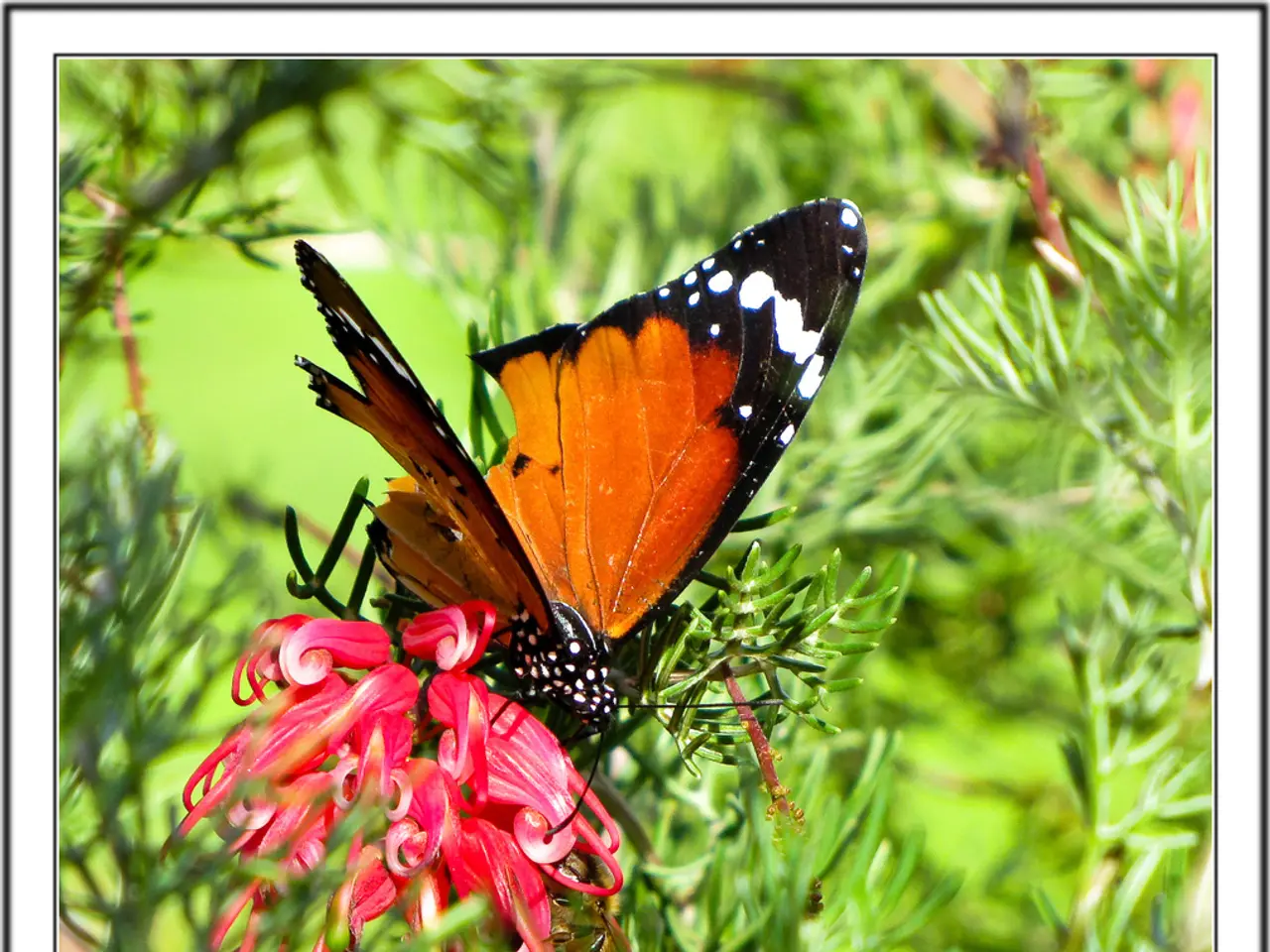Winter coldness hampers species' northward expansion amidst climate change, finds recent research
A new study by the Universities of Bremen and Stockholm reveals that while the Wall Brown butterfly is moving into previously too cold habitats due to climate change, cold winters pose a significant barrier to its further expansion.
The study, published in the Proceedings of the National Academy of Sciences (PNAS) with the title "Winters restrict a climate change-driven butterfly range expansion despite rapid evolution of seasonal timing traits", suggests that evolutionary changes can occur on timescales comparable to the pace of current climate change, but not necessarily involving all traits crucial for survival.
In field experiments, butterflies from southern and northern Sweden were translocated to different regions to determine if they had evolved traits that could enable them to survive in previously uncolonized habitats. The results showed that northern butterflies grew faster in the field cages, likely an adaptation to the shorter summers at higher latitudes. They also adapted the timing of their overwintering as caterpillars to the more northern conditions.
However, the study found that almost no caterpillars survived the cold winters north of the current distribution range, suggesting that the evolutionary potential for better cold tolerance may have been exhausted at the edge of the distribution range. This means that for the Wall Brown butterfly, further expansion will mainly require milder winters.
Understanding the limits to evolutionary changes is crucial for predicting where species, including pests and disease vectors, will move as a result of climate change. The study's findings are significant for better assessing future changes in biodiversity and the spread of species that could impact agriculture and human health.
Prof. Dr. Matthew Nielsen from the University of Bremen, an expert in Insect Ecology in Changing Environments, is a contact for questions related to the study. His contact information is Tel.: +49-421-218-50290 and E-Mail: [email protected]. The DOI for the study is 10.1073/pnas.2418392122, and more information about the University of Bremen can be found at https://www.uni-bremen.de. The study's findings can be found at https://www.pnas.org/doi/10.1073/pnas.2418392122.
Read also:
- Understanding Hemorrhagic Gastroenteritis: Key Facts
- Stopping Osteoporosis Treatment: Timeline Considerations
- Tobacco industry's suggested changes on a legislative modification are disregarded by health journalists
- Expanded Community Health Involvement by CK Birla Hospitals, Jaipur, Maintained Through Consistent Outreach Programs Across Rajasthan








